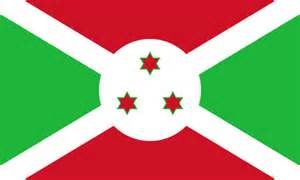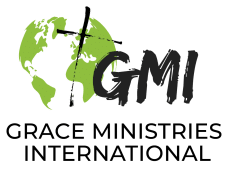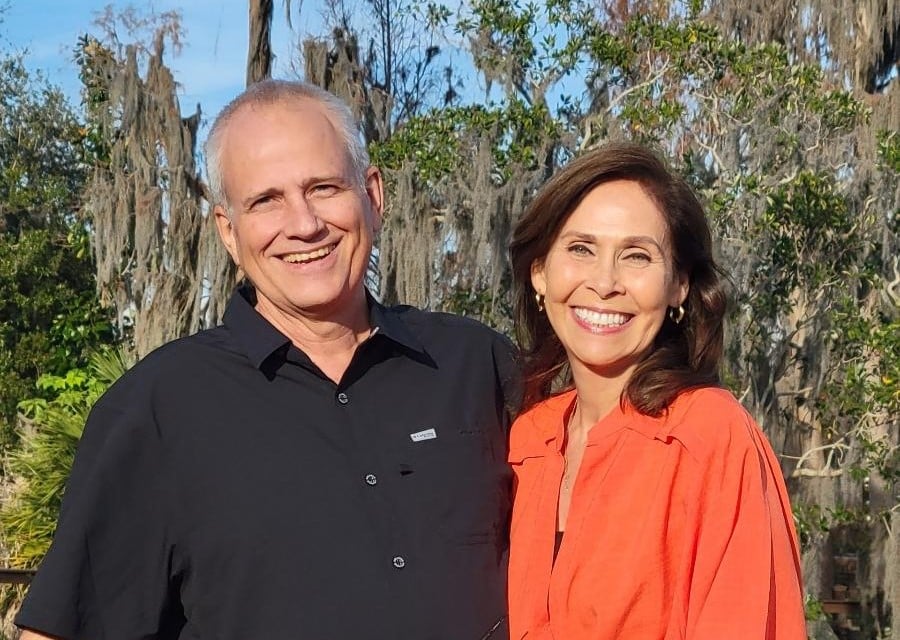
Burundi is a landlocked country in the African Great Lakes region of East Africa, bordered by Rwanda to the north, Tanzania to the east and south, and the Democratic Republic of the Congo to the west. Burundi is the size of the state of Maryland with approximately 13 million people who live mostly in rural areas. Burundi is mountainous and the economic capital lies in a small plain at the northern end of Lake Tanganyika.
Burundi’s economic capital and center of commence is Bujumbura. The urban area surrounding Bujumbura has a population of 1.3 million and is the largest city and main port. Bujumbura ships most of the country’s chief export, coffee, as well as cotton and tin ore.
The tribal make-up of Burundi mirrors Rwanda to the north: 85% Hutu, 14% Tutsi, 1% Twa (Pygmy) plus other Africans who are not counted as permanent residents: Rwandan and Congolese refugees who fled from war over many years and never returned home.
In addition to poverty, Burundians often have to deal with corruption, weak infrastructure, poor access to health and education services, and hunger. In 2015, large-scale political strife broke out as President Pierre Nkurunziza opted to run for a third term in office resulting in a failed coup attempt.
Tom and Michelle Sanchez spent two years in Zambia edifying and building up the leadership in that country and then moved to Burundi in 2020 to open a new GMI field. Burundi is not a new country to them having lived in Congo when they previously served under GMI. They know the culture and the people and they understand their way of life. Method and Omelina Mwendapole, Tom and Michelle’s ministry partners from Tanzania, minister alongside them. Their main goal is to disciple Burundians for leadership who will go on to establish a Burundian-led church.
II Corinthians 9:13a: Because of the service by which you have proved yourselves, men will praise God for the obedience that accompanies your confession of the Gospel of Christ.
Travel tips and immunization information for Burundi


